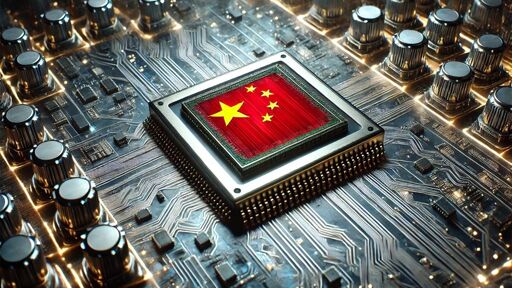The financial support is there so I think it’s a matter of time for local manufacturing to catch up. It’s happened in pretty much every area they’ve been in. Restricting chip imports puts higher pressure on iterating faster towards homegrown capabilities.
It would be interesting to see whether China will undercut ASML on the world market once they have competitive EUV, or wherever they’ll keep it for themselves.
And given the speed at which China generally is able to carry things out, I don’t think it will take long at all until we see true parity between Chinese chips and their US-based counterparts.
It’s easy when you can put expendable minions to work 25/7 on things.
That’s not how research and development works.
That is how it works, infinite budget and student resources
And it’s even faster if you peek at others’ homework…
This is exactly why they want Taiwan. They can make chips, just not the greatest ones. Taiwan literally helped invent the most advanced way of growing platters around.
I was under the impression that most chips don’t need to be high end - just something good enough for the thing to work. Unless these have very high failure rates or catch on fire they should be fine, right?
For Chinas purposes ( war ) they want the best ones. You need these good chips to have missiles that can at least match your opponent. China wants to make AI powered ship killing missiles and they can’t really make them without these chip making facilities.
For the vast majority of military applications, including missiles, you do not want to use bleeding edge chip tech. You use 50nm or higher, anything with smaller feature sizes is not robust enough for a military environment.
Missiles, radar, ai, communications, R&D. The list of reasons why your wrong writes itself.







